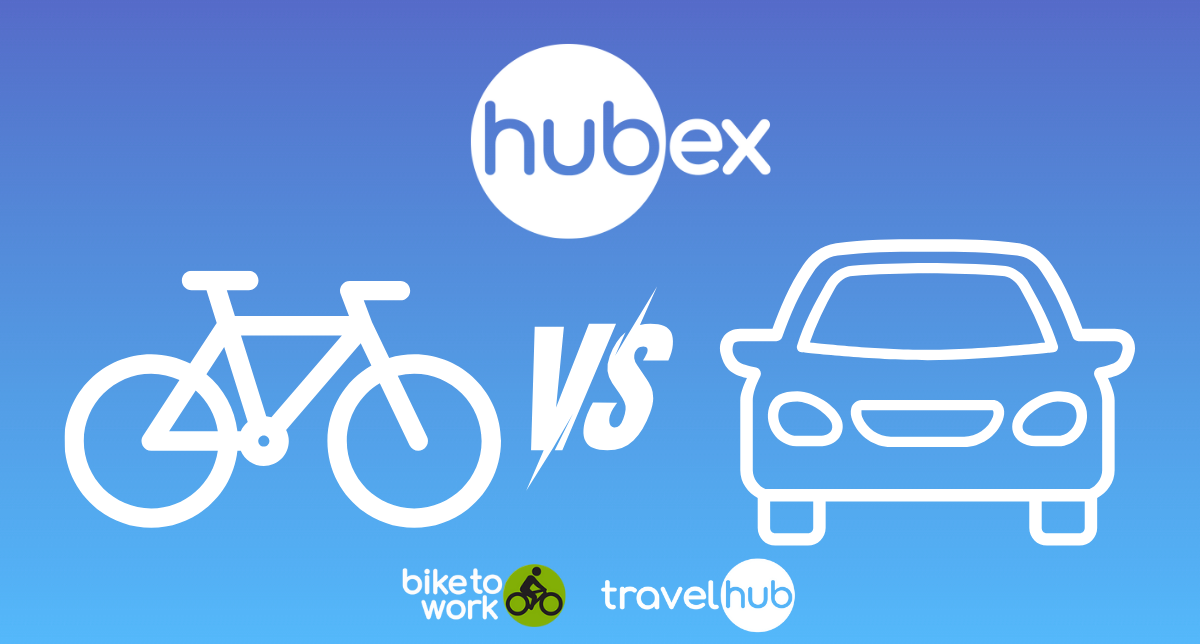
An Employee Value Proposition (EVP) is typically defined as a set of monetary and non – monetary benefits provided by an organisation for its employees, in return for the skills, capabilities and experience that these employees bring to the organisation and the contributions they make to the organisation.
For a more modern take on the definition of an EVP, it could be described as an ecosystem of support, this ecosystem incorporates the values, recognition and rewards that an employer provides to employees to successfully compete for and retain top talent.
Attracting Top Talent
A strong EVP helps an organisation recruit top talent as it establishes a strong employer brand. It’s the sum of all the employer has to offer, done correctly it will answer the question ‘Why should a highly talented and experienced person choose to work with us?’ It can give a company an edge over its competitors in attracting and retaining top talent.
Not to mention the monetary savings to your company, if your company’s employee value proposition is compelling enough you will not only attract top talent by you will spend less on recruitment agencies, job ads and other talent acquisition expenses. Essentially, your cost per hire will fall.
Financial and Non-Financial Rewards
It is impossible for a business to grow without a talented workforce, it is therefore essential that when communicating your EVP to attract and retain the right talent that you appeal to your candidates’ values, beliefs, needs and wants. Find out from your current employees what aspects of your EVP they rate the highest. It’s not always about monetary reward, savvy jobseekers will appraise the whole package on offer, health insurance or pension contribution together with other non-financial rewards like working remotely and professional development may tip the balance in your favour from your competitors.
So which benefits are valued by employees?
‘Employee satisfaction at Google rose by 37% as a result of employee support initiatives.’ (Fast Company)
A recent study of 2,000 employee’s by Fractl in the US asked employees to rate a list of 17 benefits in order of preference. Employee benefits study: Which benefits did men and women prefer? The results showed that women are more likely to rate benefits that offer them flexibility like paid maternity leave or working from home. The highest rated benefit for women was free fitness / yoga classes. Whilst their male colleagues showed a preference for cultural benefits like team bonding events and free off site trips they also rated gym membership highly.
Building an appealing employee value proposition takes time and consideration. According to Gartner ‘Organisations can reduce the compensation premium by 50% and reach 50% deeper into the labour market when candidates view their employee value proposition (EVP) as attractive. Key to this is understanding what motivates and drives both potential candidates and employees. You then need to tailor your EVP to your findings, commit to it, communicate it out and stay true to your word.


